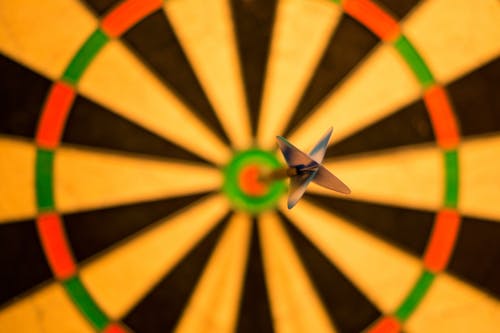Darts players approached for match fixing
The NOS, a Dutch news network, has discovered that match fixers have asked at least 6 Dutch professional darts in the past year to influence a match that they were going to play in. The Dutch prosecutors therefore started an investigation into possible match fixing.
The players were approached via social media or WhatsApp and asked to, for example, throw less 180’s than their opponent. In return, they would receive a large amount of money. Match fixing gives illegal parties the opportunity to predict and influence the outcome of a sport event.
Match fixing is very popular in the darts world, because only one player has to cooperate and it is therefore easier to influence matches. Furthermore, some tournaments are played at home, which would make it easier for the player to influence the match(s).
When darts players receive these requests from match fixers, they have to officially report it to the DRA (Darts Regulation Authority). The DRA received 10 reports last year, 6 of which came from the Netherlands. However, the DRA doesn’t know if all players who have been approached have actually reported this match fixing practice.
The DRA thinks that match-fixing mainly happens in the Netherlands, because online betting has not yet been legalised and there is therefore little supervision. But they also don’t rule out that Dutch players are easier to persuade to collaborate in match-fixing. The situation is attracting attention from abroad. More and more players are being approached to take part in match-fixing. For the time being it is not known if match fixing also occurs in big tournaments, but the DTF are keeping a close eye on it.
The only thing the DRA can do is to suspend the players who participate. For example, last October Wessel Nijman was suspended for 5 years because he deliberately lost a friendly match in May. He hopes that other players have learned from his situation and will not participate in match-fixing practices. Unfortunately, the DRA cannot do anything against the match fixers themselves, as it is often not known who is involved.

